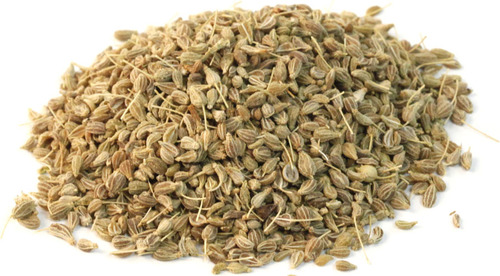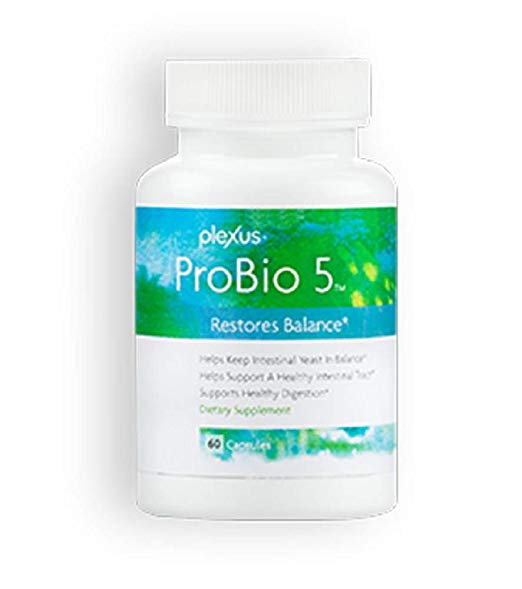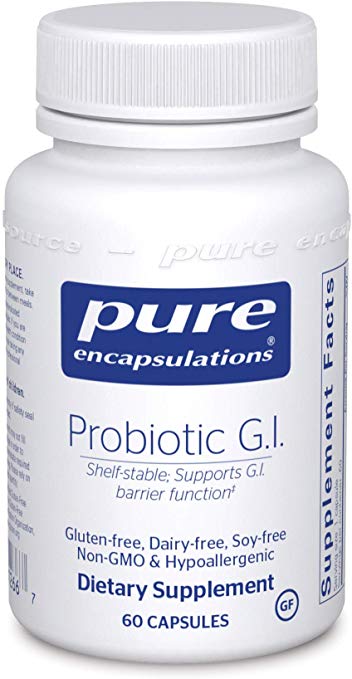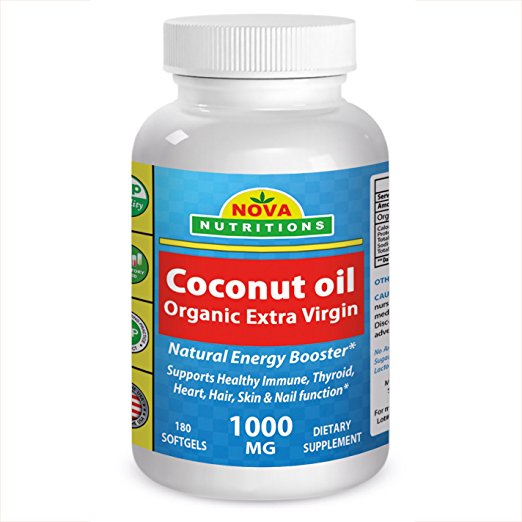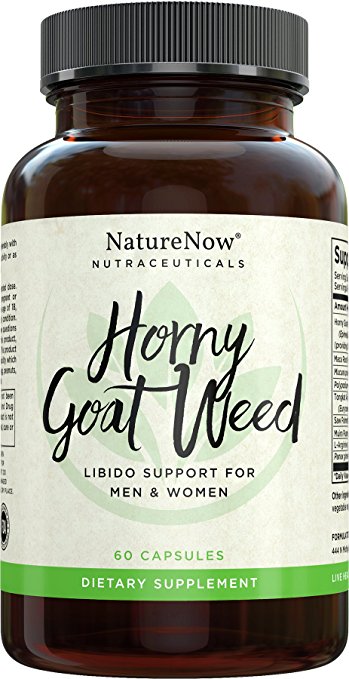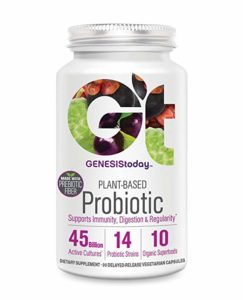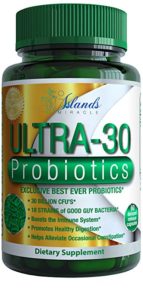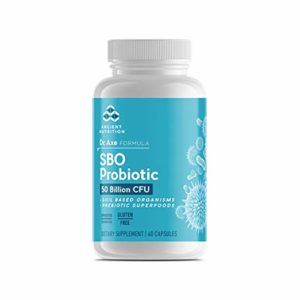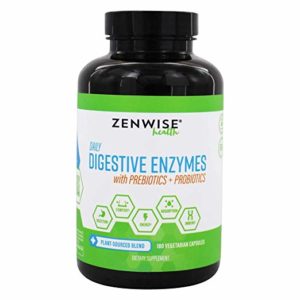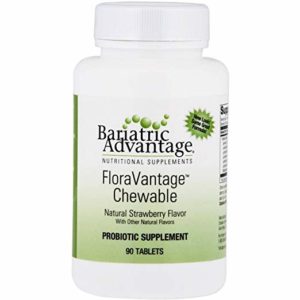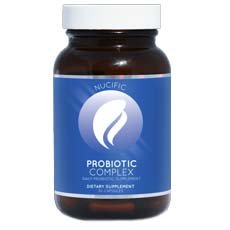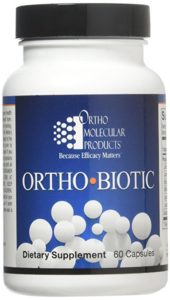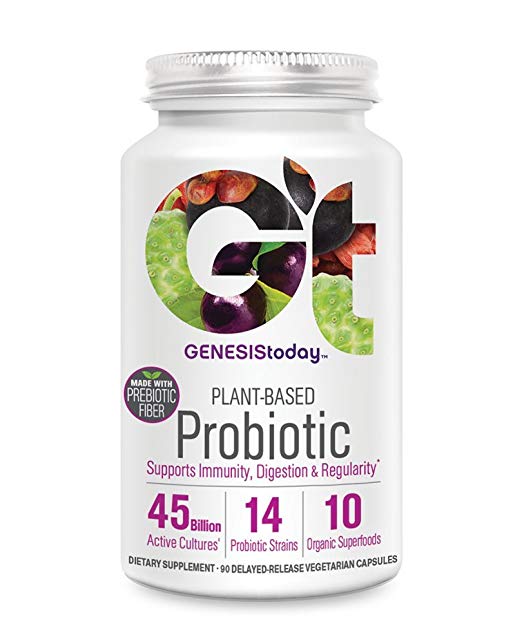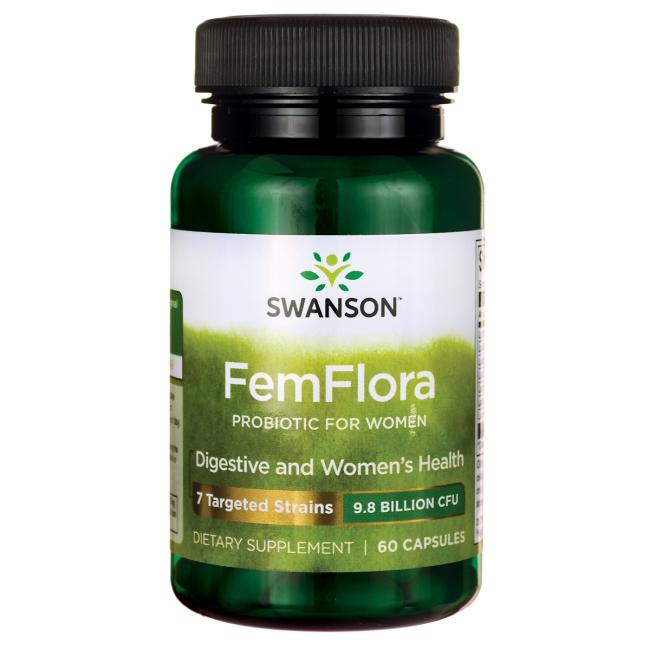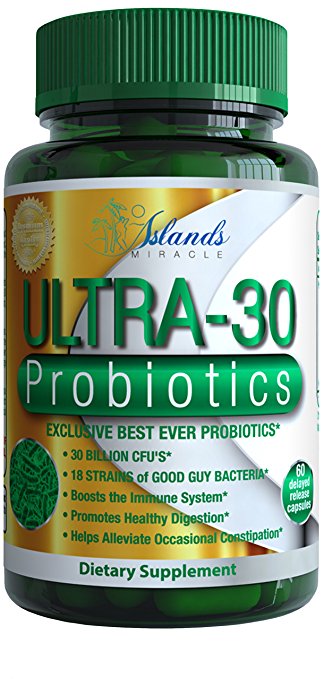
Feminine Issues?

The only All-Natural Product for:
- Feminine Issues
- Vaginal Odor
- Vaginal Itching
- Vaginal Discharge
Start Seeing A Difference Within a Few Days of Taking it!
WHAT'S THE PROOF?
Out of the tens of thousands of women that have tried Balance Complex, over 700 have been so impressed by the results, that they have voiced their results in the form of reviews for the product on Amazon, the world most TRUSTED online marketplace.
Below are just a few of the reviews of Balance Complex on Amazon:

"I have been looking for a probiotic to help with my feminine issues and this has done the trick!I have already recommended to other friends!" *

"I loved it. Just knowing that I was taking care of any problems that might occur that we as females go through gave me a piece of mind." *

"I was surprised it worked as fast as it did. Very Effective & Natural. I take one at night and one in the afternoon. And I feel so much better." *
Every order of Balance Complex on Amazon is backed by Amazon’s 100% money back satisfaction guarantee.
Try it for up to 90 days and if you aren't thrilled with the results, just notify Amazon and they will give you a full refund.

Zinc
Zinc plays many critical roles in fighting candida. People with recurring yeast infections tend to be zinc deficient, and modern farming practices such as depleted mineral content in soil, and using pesticides and other chemicals used to grow produce, contribute to deficiencies. High zinc-content foods, such as red meat, are often skipped in favor of chicken, soy, or seafood. Candida itself is a culprit of hindering zinc absorption in the body: PLoS Pathogens published a study in 2012 showing that candida actually generates scavenger proteins which remove zinc from human cells.
How should you take Zinc for Candida?
Yeast infections and Candida are typically caused by an overgrowth of candida, a fungus that usually lives harmlessly on your body. Certain people have a higher risk of developing yeast infections. Candidiasis is the term used to describe a vaginal yeast infection caused by yeast overgrowth. Zinc deficiency may increase your risk of yeast infections, although research regarding this hypothesis has had mixed results.
Candida is a microorganism that lives on everyone’s body. Candida and other types of bacteria that help to balance levels of candida, known as lactobacillus bacteria, live in your vagina. Lactobacillus produces an acid that helps to prevent overgrowth of candida. When levels of candida are not balanced by this acid, you may develop a yeast infection. Certain factors, such as antibiotics, pregnancy, immune system disorders and douching, can disrupt the production of acid made by lactobacillus. Zinc is thought to aid the immune system. Some research has shown that a deficiency in zinc can lead to increased incidences of yeast infections.
h2> How does Zinc for Candida work?
Zinc is an important nutrient known as an essential trace mineral that helps in a number of biological processes. Protein digestion, enzymatic reactions, energy production, antioxidant functions and maintaining a healthy immune system are among zinc’s many roles. Although zinc is found in foods such as oysters, red meat, poultry, cheese and legumes, zinc deficiency is not unusual, especially in the elderly, alcoholics, people with anorexia or those who follow restricted diets, according to the University of Maryland Medical Center. A zinc deficiency can decrease the functioning of your immune system and possibly increase your susceptibility to yeast infections.
Zinc, selenium, vitamin A and vitamin D are also crucial for the body to fight off Candida, so if you are deficient in any of these, you will be more vulnerable to overgrowth. Many people are deficient in zinc, because some microbes have developed the ability to make you excrete your zinc in your urine in order to disable your immune system. A deficiency in zinc can also cause the lining of your gut to become weak and more permeable, which results in leaky gut and the escape of toxins and undigested food particles into the bloodstream.
Review Overview
5.1 OVERALL SCORE
Feminine Issues?

The only All-Natural Product for:
- Feminine Issues
- Vaginal Odor
- Vaginal Itching
- Vaginal Discharge
Start Seeing A Difference Within a Few Days of Taking it!
WHAT'S THE PROOF?
Out of the tens of thousands of women that have tried Balance Complex, over 700 have been so impressed by the results, that they have voiced their results in the form of reviews for the product on Amazon, the world most TRUSTED online marketplace.
Below are just a few of the reviews of Balance Complex on Amazon:

"I have been looking for a probiotic to help with my feminine issues and this has done the trick!I have already recommended to other friends!" *

"I loved it. Just knowing that I was taking care of any problems that might occur that we as females go through gave me a piece of mind." *

"I was surprised it worked as fast as it did. Very Effective & Natural. I take one at night and one in the afternoon. And I feel so much better." *
Every order of Balance Complex on Amazon is backed by Amazon’s 100% money back satisfaction guarantee.
Try it for up to 90 days and if you aren't thrilled with the results, just notify Amazon and they will give you a full refund.
Recent Tests
Categories
- General Health
- Feminine Guides
- Ingredient Guides
- Product Reviews
- Bacterial Vaginosis Products
- Candida Products
- Menopause Products
- UTI Products
- Yeast Infection Products
About Us

FeminineHealthReviews is dedicated in bringing you the top unbiased editorial reviews and ratings for natural products and supplements, along with specs, user reviews, supplement facts and more.
These statements have not been evaluated by the Food and Drug Administration. This product is not intended to diagnose, treat, cure or prevent any disease.
*Results may vary. If you are pregnant, nursing, have a serious medical condition, or have a history of heart conditions we suggest consulting with a physician before using any supplement. The information contained in this website is provided for general informational purposes only. It is not intended to diagnose, treat*, cure, or prevent any disease and should not be relied upon as medical advice. Always consult your doctor before using any supplements. Disclosure of Material Connection: Some of the links in the post above are "associate sales links." This means if you click on the link and purchase an item, we will receive a commission. Regardless, we only recommend products or services which we use personally and/or believe will add value to our readers. We are disclosing this in accordance with the Federal Trade Commission’s 16 CFR, Part 255: "Guides Concerning the Use of Endorsements and Testimonials." Disclaimer: © 2025 All Rights Reserved. The information provided on this site is intended for your general knowledge only and is not a substitute for professional medical advice or treatment for specific medical conditions. You should not use this information to diagnose or treat* a health problem or disease without consulting with a qualified healthcare provider. Please consult your healthcare provider with any questions or concerns you may have regarding your condition.Your use of this website indicates your agreement to this websites published terms of use and all site policies. All trademarks, registered trademarks and service-marks mentioned on this site are the property of their respective owners.






